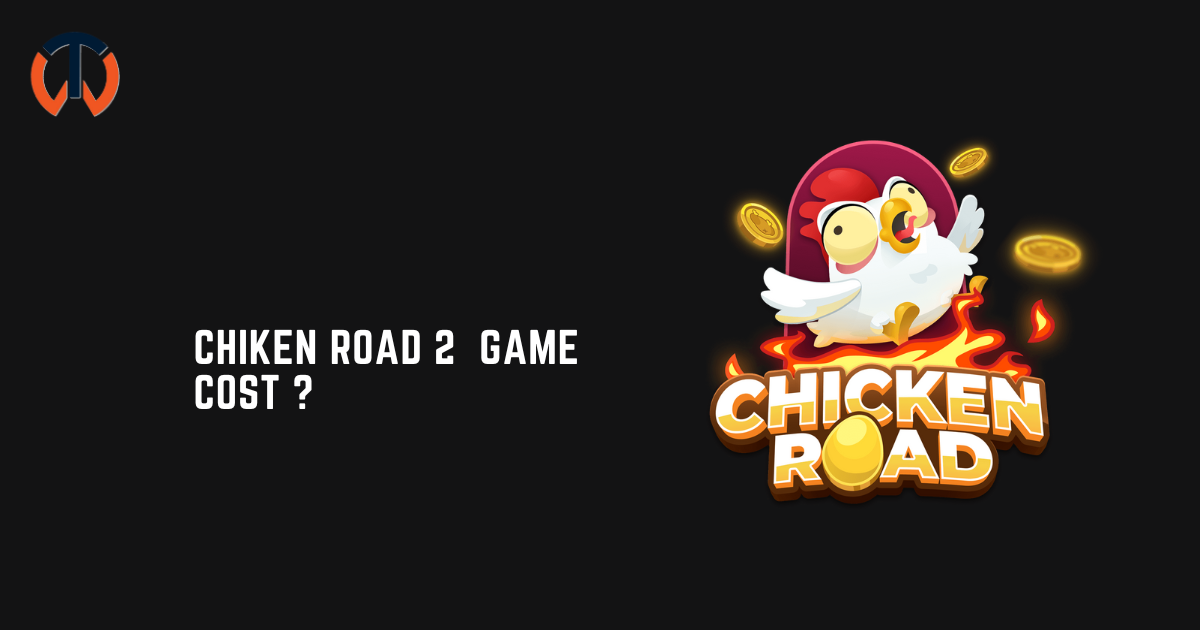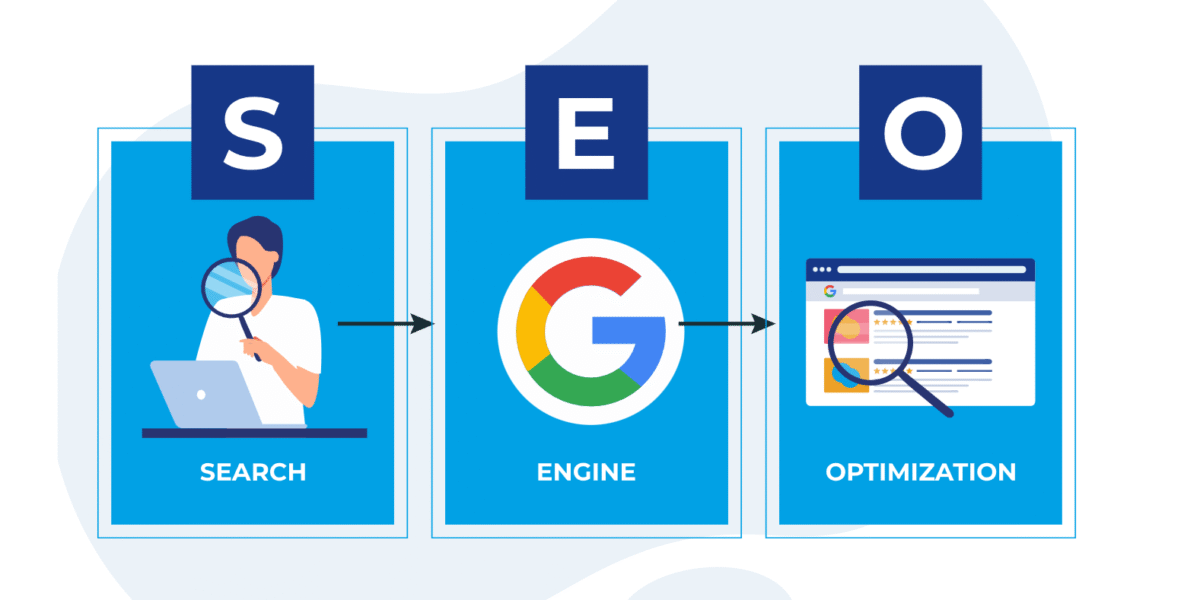Introduction
Chicken Road is a globally recognized game that has captured the hearts of millions with its simple yet addictive gameplay. As the owner of a game development company working on Chicken Road 1 and Chicken Road 3, I am excited to share the journey of developing these games. In this blog, I will cover the advantages of developing Chicken Roadgames, the associated costs, the origins of the game, and the updates that have shaped its evolution.
Origins of Chicken Road
The Chicken Road game concept traces its roots to the classic arcade game Frogger, released in 1981, which involved guiding a frog across a busy road and river. Inspired by the age-old joke, “Why did the chicken cross the road?” Chicken Road emerged as a quirky variation, replacing the frog with a chicken navigating traffic and obstacles. The earliest known version of the game gained prominence in the late 1970s and early 1980s during the arcade era, with simple pixelated graphics and straightforward mechanics.
The modern mobile version of Chicken Road was pioneered by developers Alex Chen and Rachel Lee, who founded their company in 2017. They drew inspiration from games like Clash Royale and Plants vs. Zombies, combining strategy, luck, and social interaction to create a unique mobile gaming experience. The game launched globally in March 2018 after a soft launch in Asian markets.
Advantages of Developing Chicken Road Games
Developing Chicken Road 1 and Chicken Road 3 offers several advantages for game development companies:
- Simple Yet Engaging Gameplay: The core mechanic of guiding a chicken across a road is intuitive, making it easy for players of all ages to pick up. Its increasing difficulty ensures long-term engagement.
- Wide Accessibility: Optimized for multiple platforms, including smartphones and tablets, Chicken Road appeals to a broad audience, boosting its market reach.
- High Replayability: Features like leaderboards, achievements, and special events encourage players to return, fostering a loyal community.
- Low Development Complexity: Compared to AAA titles, Chicken Road requires less complex coding and design, making it ideal for small to medium-sized studios.
- Monetization Potential: In-app purchases, ads, and premium features like character customization provide multiple revenue streams.
- Community Engagement: The game’s social features, such as alliances and events, create a sense of community, enhancing player retention.
Costs of Developing Chicken Road Games
The cost of developing Chicken Road 1 and Chicken Road 3 depends on several factors, including team size, development timeline, and platform optimization. Here’s a breakdown:
- Development Team:
- Programmers: Hiring skilled developers for coding gameplay mechanics, UI, and backend systems can cost $50,000–$150,000 annually per developer, depending on expertise and location.
- Designers and Artists: Creating visuals, animations, and UI/UX designs may require 2–3 artists, with salaries ranging from $40,000–$100,000 per year.
- Sound Engineers: Audio effects and music composition can cost $5,000–$20,000 for a small game like Chicken Road.
- Tools and Software:
- Game engines like Unity or Godot (often free for basic versions) and design tools like Adobe Creative Suite ($600/year per license) are essential.
- Development kits for iOS and Android may incur additional costs of $100–$500 annually.
- Testing and Quality Assurance:
- Beta testing and quality assurance to ensure smooth gameplay across devices can cost $10,000–$50,000, depending on the testing scope.
- Marketing and Launch:
- A strategic marketing campaign, including social media, trailers, and ads, can range from $10,000–$100,000, depending on the scale of promotion.
- Server and Maintenance:
- Hosting servers for multiplayer features and regular updates can cost $5,000–$20,000 annually, depending on player volume and server capacity.
Total estimated costs for developing a polished Chicken Road game range from $100,000 to $500,000 for a small to medium-sized studio, excluding post-launch maintenance and updates.
Updates for Chicken Road 1 and 3
The Chicken Road franchise has evolved through regular updates to keep players engaged. Below is a timeline of key updates based on available information:
Chicken Road 1 Updates
- March 2018: Global launch with core mechanics of road navigation, resource collection, and real-time player competition.
- Summer 2018: Introduction of alliances and community events to foster social interaction and reward milestones.
- 2019: Anti-cheating measures and server capacity upgrades to address player growth and ensure fair gameplay.
- 2020–2022: Addition of new characters, skins, and environmental changes to enhance replayability.
- June 2025: Release of the official soundtrack and nomination for “Game of the Year,” boosting visibility.
Chicken Road 3 Updates
- 2023 (Hypothetical Launch): As Chicken Road 3 is a newer title, it likely introduced advanced graphics, touch-screen optimized controls, and expanded multiplayer features.
- June 2025: Introduction of new characters (“Feathered Friends”) and level creation tools, allowing players to design custom levels.
- Quarterly Updates (2025): New levels added every quarter, with plans for modding support to encourage community-driven content.
- Ongoing: Community feedback integration to shape gameplay expansions and feature enhancements.
First Mover Advantage
The original Chicken Road developers, Alex Chen and Rachel Lee, gained a significant first-mover advantage by launching in 2018. Their early entry into the mobile gaming market allowed them to:
- Build a massive player base, with over 10 million downloads by mid-2018.
- Establish brand recognition, making Chicken Road synonymous with road-crossing games.
- Set industry standards for combining strategy, luck, and social interaction in casual mobile games.
- Secure partnerships and sponsorships, boosting revenue through in-app purchases and ads.
For new developers like us, competing in this space requires innovation, such as unique gameplay mechanics or enhanced visuals, to differentiate Chicken Road 1 and Chicken Road 2 from established titles.





